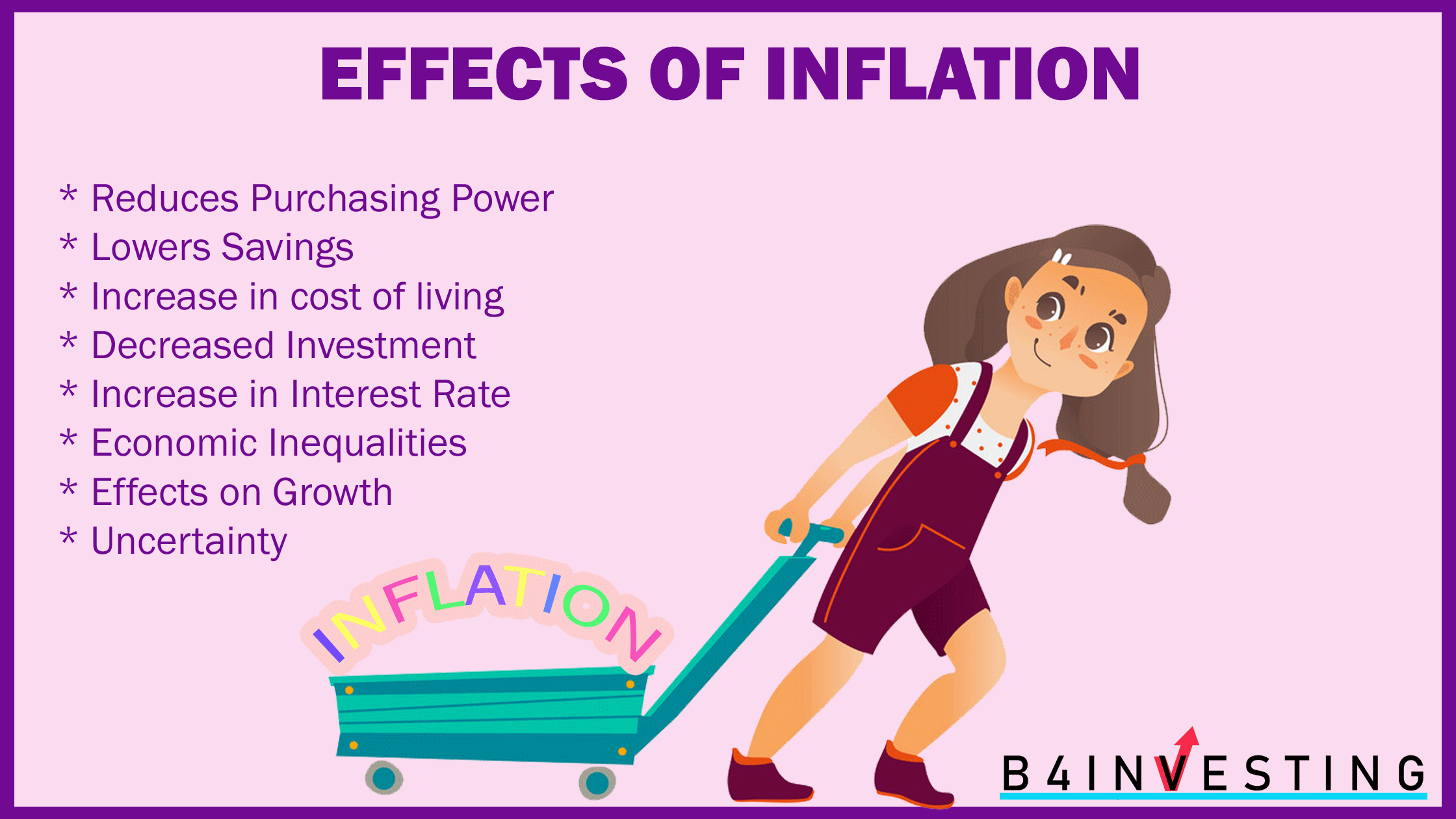Understanding the Impact of Inflation on the Value of Money
Understanding the Impact of Inflation on the Value of Money - Inflation is a critical economic phenomenon that affects the value of money, and its consequences ripple through various aspects of an economy. In this article, we will delve into the intricacies of how inflation impacts the value of money, why it occurs, and its effects on individuals, businesses, and governments.
 |
| Understanding the Impact of Inflation on the Value of Money |
1. What is Inflation?
Inflation is the sustained increase in the general price level of goods and services over time. It is typically measured as an annual percentage, reflecting the decrease in the purchasing power of a unit of currency. Inflation is influenced by various factors, including supply and demand dynamics, monetary policy, and external shocks.
2. The Relationship Between Inflation and the Value of Money
When an economy experiences inflation, the value of money decreases. This is because each unit of currency can buy fewer goods and services than before. Let's explore this relationship further:
3. Factors Driving Inflation
Inflation can be caused by several factors:
- Demand-Pull Inflation: Occurs when demand for goods and services exceeds supply, leading to higher prices.
- Cost-Push Inflation: Arises from increased production costs, such as rising wages or the cost of raw materials.
- Monetary Policy: Central banks can influence inflation through interest rates and money supply adjustments.
- Expectations: If people anticipate future price increases, they may spend more now, driving up demand and prices.
4. Effects of Inflation on Individuals
Inflation affects individuals in various ways:
- Reduced Purchasing Power: As the value of money decreases, people can buy fewer goods and services with the same amount of money.
- Savings Erosion: Savings lose value in an inflationary environment, making it harder to achieve financial goals.
- Uncertainty: High inflation can lead to economic uncertainty, making it challenging to plan for the future.
5. Effects of Inflation on Businesses
Businesses are also impacted by inflation:
- Increased Costs: Rising prices of inputs like raw materials and labor can squeeze profit margins.
- Price Adjustments: Businesses may need to increase prices to maintain profitability, potentially alienating customers.
- Uncertain Investment Environment: Inflation can create uncertainty, affecting investment decisions and growth prospects.
6. Effects of Inflation on Governments
Governments must manage inflation:
- Fiscal Policy: Governments can influence inflation through taxation and spending policies.
- Central Bank Actions: Independent central banks may adjust interest rates to control inflation.
- Social and Political Implications: High inflation can lead to social unrest and political instability.
7. Strategies for Coping with Inflation
Individuals, businesses, and governments can adopt various strategies to mitigate the impact of inflation:
- Invest Wisely: Diversify investments to hedge against inflation.
- Cost Control: Businesses can implement cost-saving measures.
- Monetary Policy: Central banks can adjust interest rates to stabilize prices.
- Indexing: Governments can index social benefits and tax brackets to inflation.
8. Conclusion
Inflation is an inevitable aspect of any economy, and its impact on the value of money cannot be understated. Understanding the causes and consequences of inflation is essential for individuals, businesses, and governments to navigate these economic challenges successfully.
In conclusion, when an economy experiences inflation, the value of money diminishes, affecting the purchasing power of individuals, the profitability of businesses, and the stability of governments. By employing prudent financial strategies and effective economic policies, stakeholders can mitigate the adverse effects of inflation and promote economic stability.